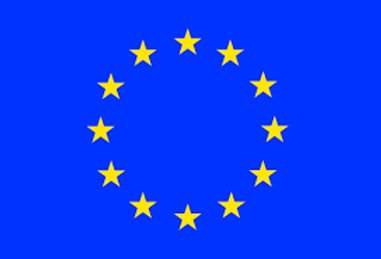
If ever you want to know whether something that sounds important is a good idea, and you’re struggling to work it out, look at who’s in favour and who’s against. It’s not always reliable, but the journalist’s nose is good at sniffing out the advocates and detractors of an idea.
When I first heard about TTIP – the Transatlantic Trade and Investment Partnership – between the EU and the USA, I wasn’t sure what to make of it. It was advertised as assisting free trade, which I’ve always felt is generally a good idea, yet ever since the Soviet bloc crumbled and the free-market economy of the west effectively triumphed, I’ve had reservations about how ‘free’ free trade actually is. Does it just mean the predominance of the biggest companies?
Certainly, the loudest advocates of TTIP have been the big American companies, in particular those that produce junk food that is of such poor quality it’s not allowed into Europe, and those that pollute and overconsume the earth’s resources.
Meanwhile, my friends on the responsible end of the environmental movement (almost too responsible, I sometimes think) have warned me that there are serious democratic threats inherent in TTIP, in fact US negotiators in Brussels have already been consulted on proposed changes to EU legislation in readiness for TTIP to come into effect. This comes on top of TTIP’s proposed investor-state dispute procedure which would give companies the right to sue governments if they change certain laws to protect the environment or social provision.
That’s why I rejoiced at tonight’s news that Germany’s vice chancellor Sigmar Gabriel has said the TTIP negotiations have ‘in effect failed’. The story sounds rather dry and technocratic, but here is the second most powerful figure in the government of Europe’s most successful economy, and economy minister to boot, saying three years of negotiations have brought the two sides nowhere near close enough to an agreement, and that Europe is simply not acceding to America’s demands.
This to me is astonishingly good news. Gabriel is not against transatlantic trade agreements, in fact he’s praising the EU-Canadian deal CETA, which he says is good. He also says CETA will prevent bad agreements like TTIP.
My concern is that ‘free trade’ has become corrupted, and can no longer be pursued as an automatically good thing. David Boyle’s chapter in The Alternative opens the discussion on this, and it’s a discussion that really needs to be expanded if big business is not to take over the world and stifle democracy and the will of the people.
